We all have a part to play in making lasting change after George Floyd’s brutal killing
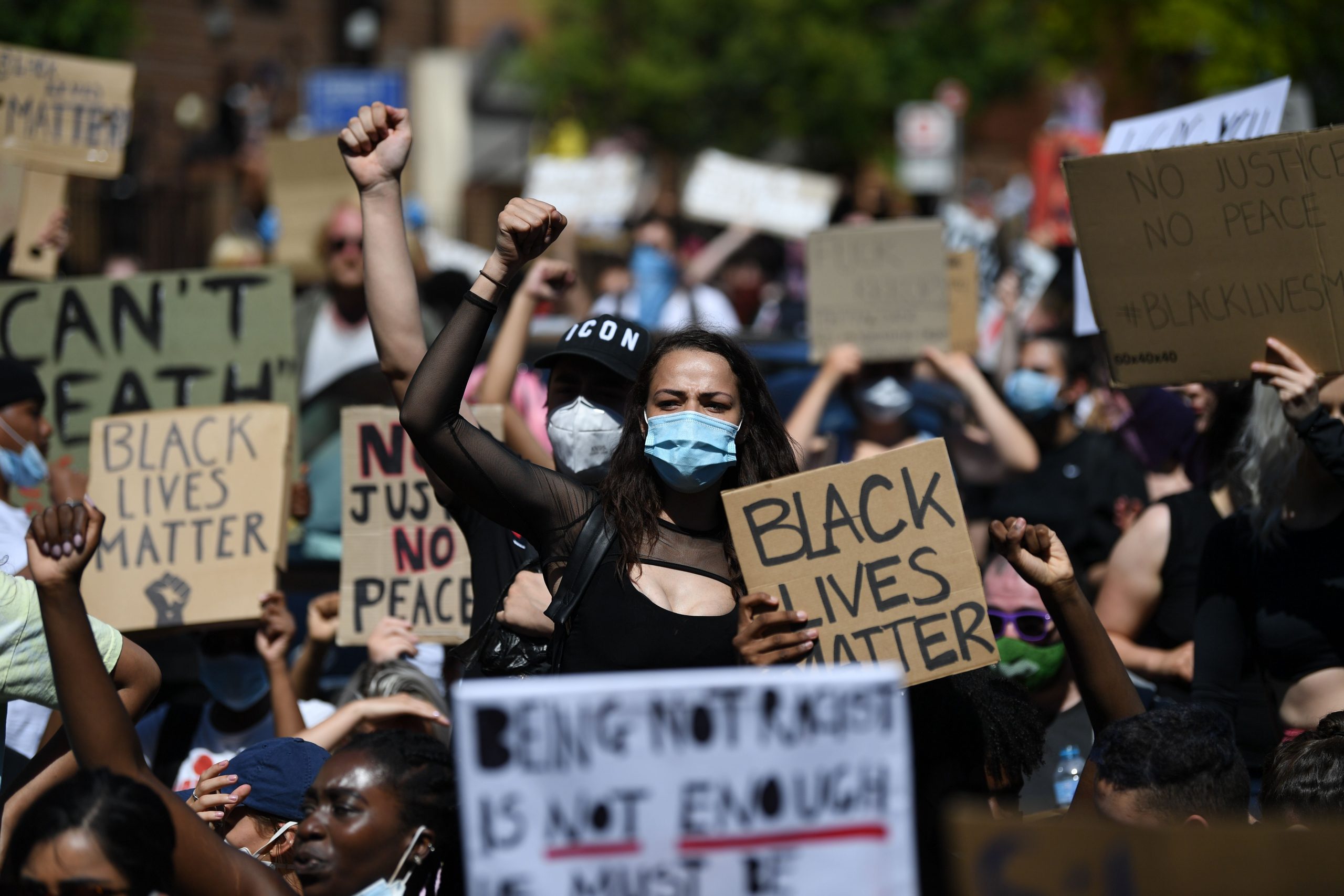

The world and its approach to race has changed forever this past week - and we will not go back.
On 25 May, an unarmed black man died whilst being arrested by police outside a shop in Minneapolis, Minnesota.
In viral video footage taken by a bystander, a white police officer, Derek Chauvin, can be seen kneeling on the 46-year-old’s neck for eight minutes and 46 seconds, whilst pinning him to the ground.
‘I can't breathe...please stop,’ were his last words but the police officer continued to choke him until he lost consciousness. He died in hospital an hour later.
His name was George Floyd - two words that will forever be synonymous with the fight against racism.
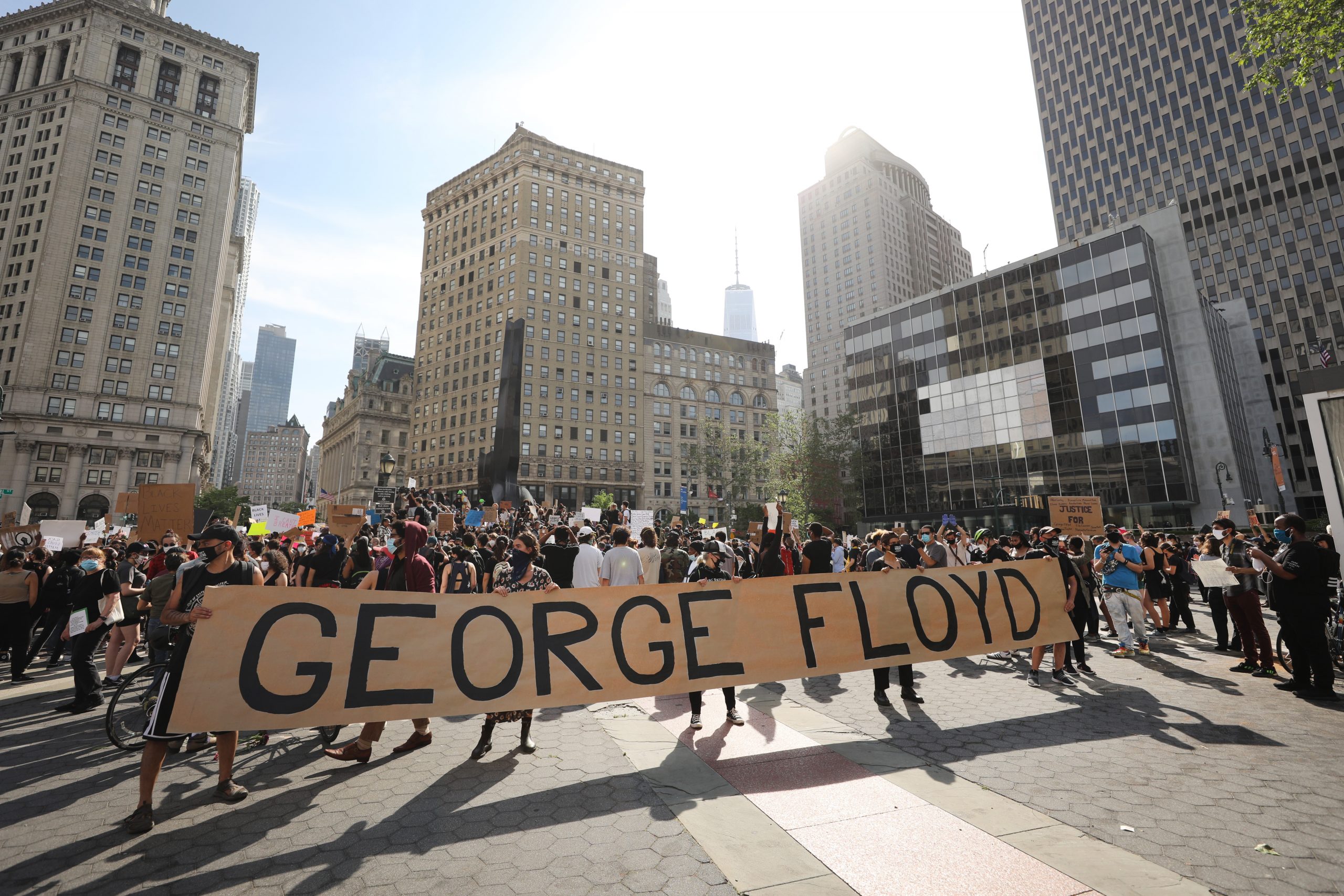
Protests and clashes chanting 'I can't breathe' broke out across the world calling for justice for George. But while Derek Chauvin has since been charged with third-degree murder and the three other policemen present are being charged for aiding and abetting, the protests have only got bigger, with the fight going far beyond police brutality. This is a race issue - and one that should have been tackled long ago.
In America, a black person is three times more likely to be killed by a police officer than a white person according to the Mapping Police Violence research collaborative, with one in 1000 US black men expected to die at the hands of the police.
Marie Claire Newsletter
Celebrity news, beauty, fashion advice, and fascinating features, delivered straight to your inbox!
And while USA is the focal point, George Floyd’s brutal killing is symbolic of the deeply imbedded systemic racism felt all over the world.
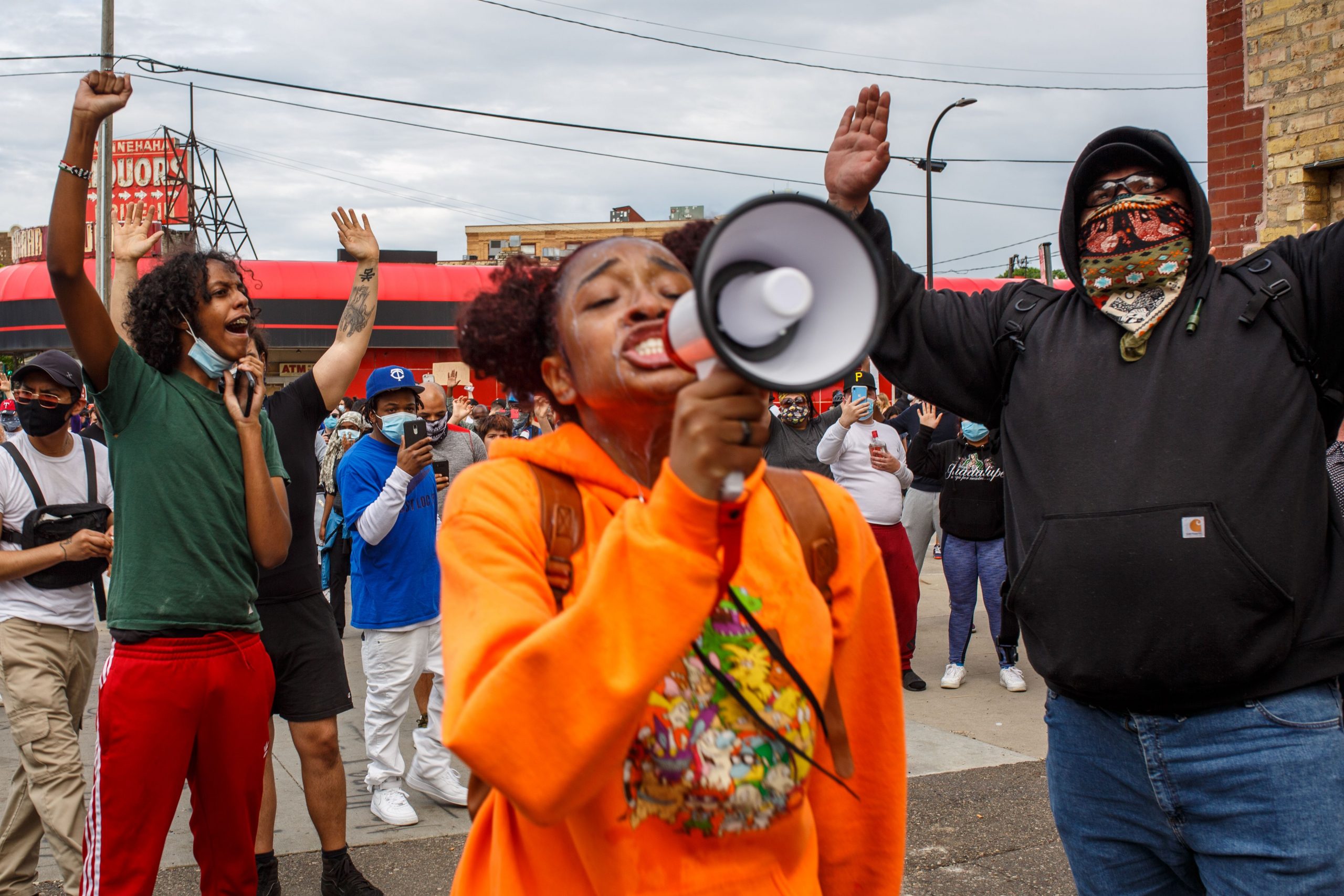
Racism in Britain is a huge issue, with the Brexit vote alone prompting a 57 per cent increase in race-related hate crime.
Our global approach to race needs to be redressed immediately and the protests and riots are proof that the world is refusing to stay silent any longer. We need to ensure that George Floyd’s fate will never repeat itself, and in order to achieve this we all have a part to play.
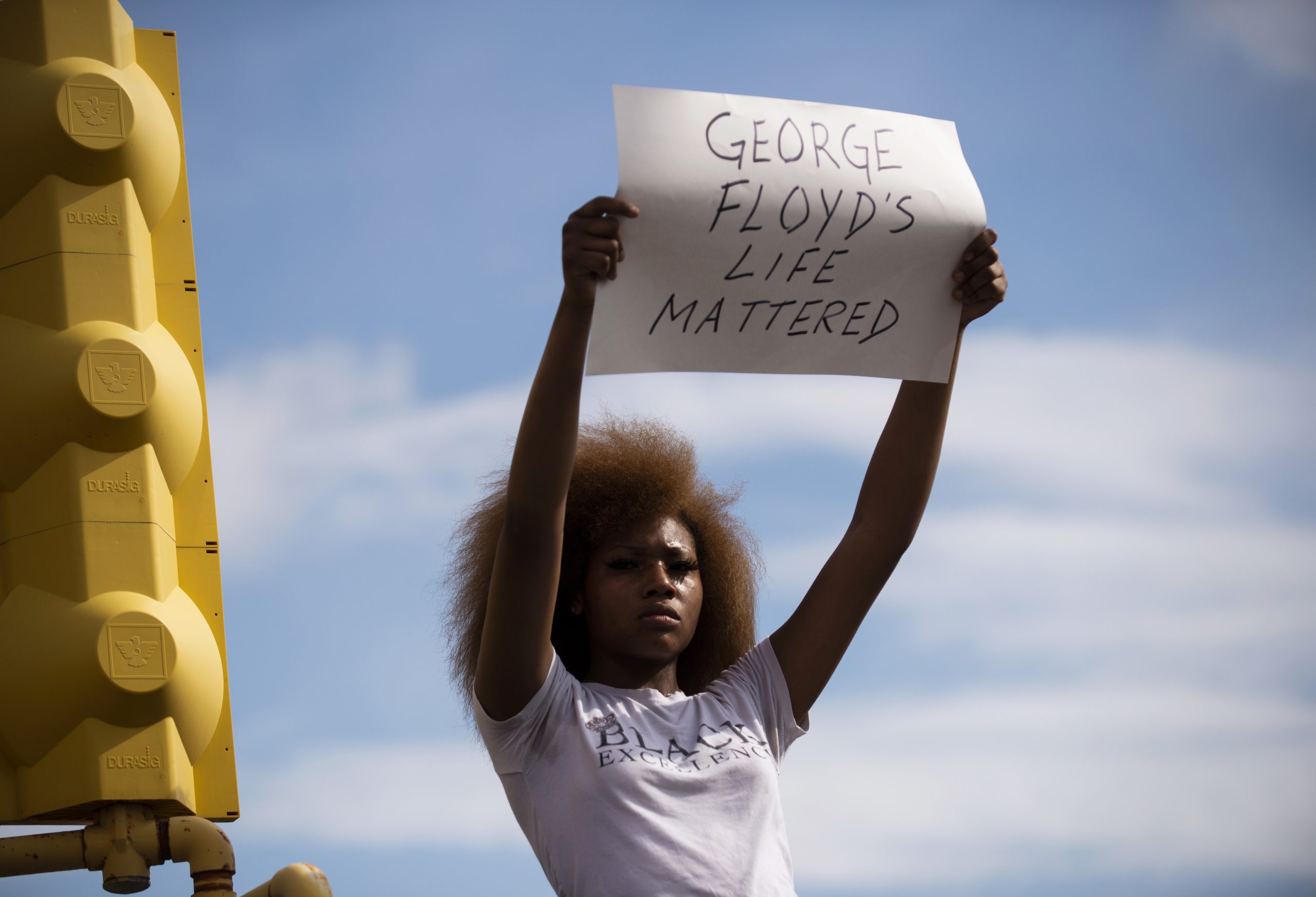
In the long term, education is key. Those of us born with white privilege need to understand what that means and not allow ourselves to stay silent about issues that make us feel uncomfortable. We must stand together as equals and amplify each other's voices in demanding change.
In terms of immediate action however, here are some ways that we can all help on an individual level from the UK to ensure that George Floyd's death is a turning point.
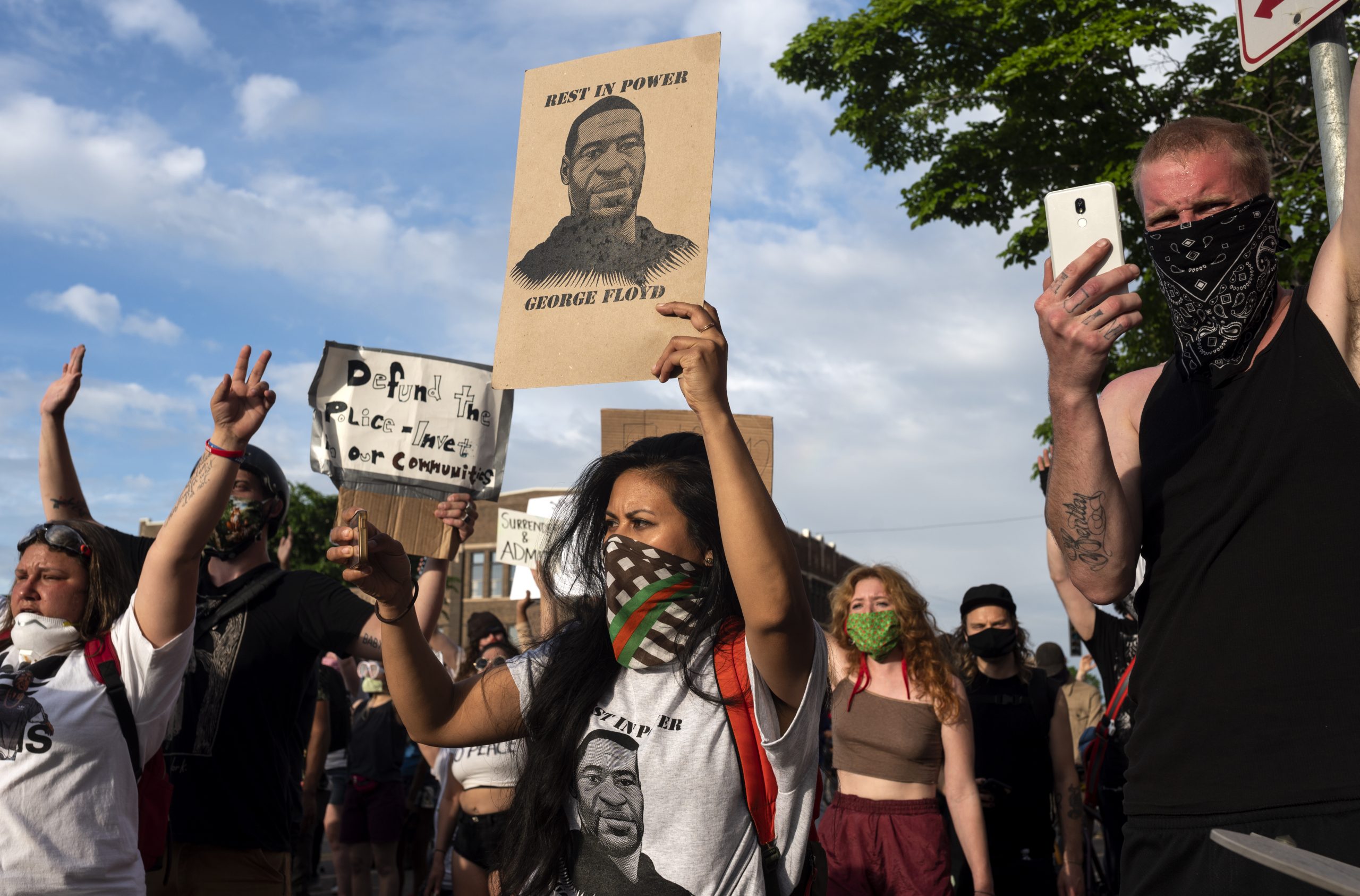
1. Sign the Colour of Change petition
Colour of Change's petition, #JusticeforFloyd: Demand the officers who killed George Floyd are charged with murder, is calling for Mayor Jacob Frey and County Attorney Michael Freeman to ban the police officers involved from ever joining the police force again, block their pension and call for all four officers to be charged with murder. It has over 3.4 million signatures, demanding justice for George.
2. Get involved with anti-racism initiatives
There are numerous UK-based campaigns and initiatives that need support in the fight against racism. So whether you want to donate your money or your time, your help will go a long way.
Show Racism the Red Card is the UK's leading anti-racism educational charity, looking for volunteers, fundraisers and donations. Alternatively if your workplace would benefit from their equality training, enquire about a workshop to help educate the people around you.
3. Write to your MP
Racism in the United Kingdom is a deep underlying issue and dismantling it is going to take a lot of time and effort from everyone. Those in positions of power are able to elevate conversations more than most, so if there is specific change that you want to make with regards to discrimination in your community or a complaint with current systems in place, you can go straight to your MP to fast-track the conversation. From the lack of education around discrimination to improving diversity in parliament, you can write to your MP about anything as many times as you like - and you could make lasting change.
Find out who your local MP is via the Directory of MPs and send your letter to House of Commons, London SW1A 0AA.
4. Donate to George Floyd's family
There has been a fund set up for George Floyd's family in order to 'cover funeral and burial expenses, mental and grief counselling, lodging and travel for all court proceedings, and to assist [their] family in the days to come as [they] continue to seek justice for George.' The page goes on to state that the funds will also go to the Estate of George Floyd for the care of his children and their educational fund.
5. Email your support for #Justiceforgeorge to DA Mike Freeman
There have been worldwide calls for people to put pressure on District Attorney Mike Freeman to charge the officers responsible for Floyd's death, but UK residents have been unable to take matters into their own hands. It has now been recommended that you can email DA Mike Freeman via, citizeninfo@hennepin.us, so you can make change from wherever.
To quote Desmond Tutu, ‘If you are neutral in situations of injustice, you have chosen the side of the oppressor’.
It is our duty to stand up together and fight for equality for all.

Jenny Proudfoot is an award-winning journalist, specialising in lifestyle, culture, entertainment, international development and politics. She has worked at Marie Claire UK for seven years, rising from intern to Features Editor and is now the most published Marie Claire writer of all time. She was made a 30 under 30 award-winner last year and named a rising star in journalism by the Professional Publishers Association.
-
 Meghan Markle opens up about 'huge medical scare' after giving birth
Meghan Markle opens up about 'huge medical scare' after giving birthBy Iris Goldsztajn
-
 You'll never guess which White Lotus characters almost had sex in the finale
You'll never guess which White Lotus characters almost had sex in the finaleWe can't believe this
By Iris Goldsztajn
-
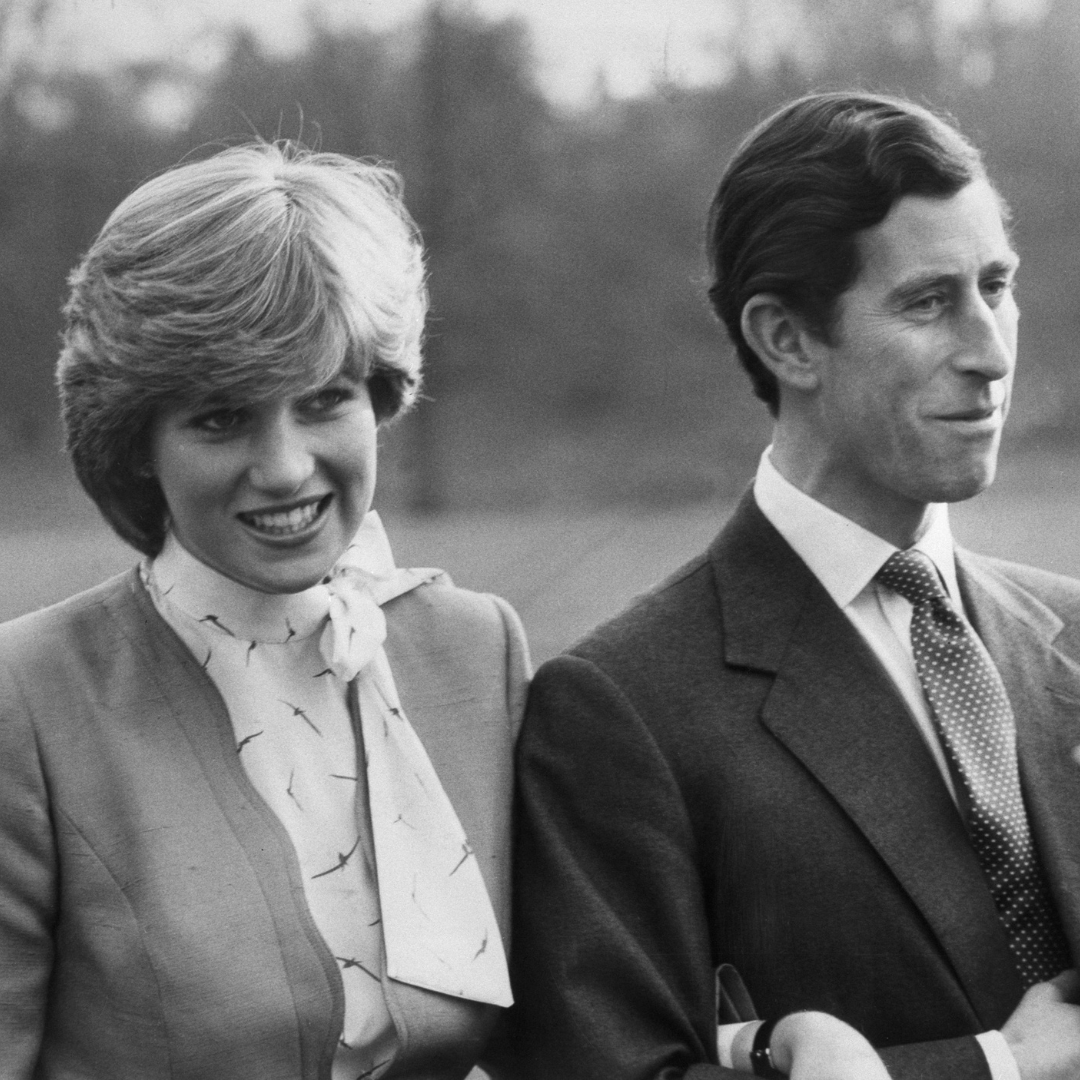 What King Charles 'deeply regrets' from marriage to Princess Diana
What King Charles 'deeply regrets' from marriage to Princess DianaIt was a difficult relationship
By Iris Goldsztajn
-
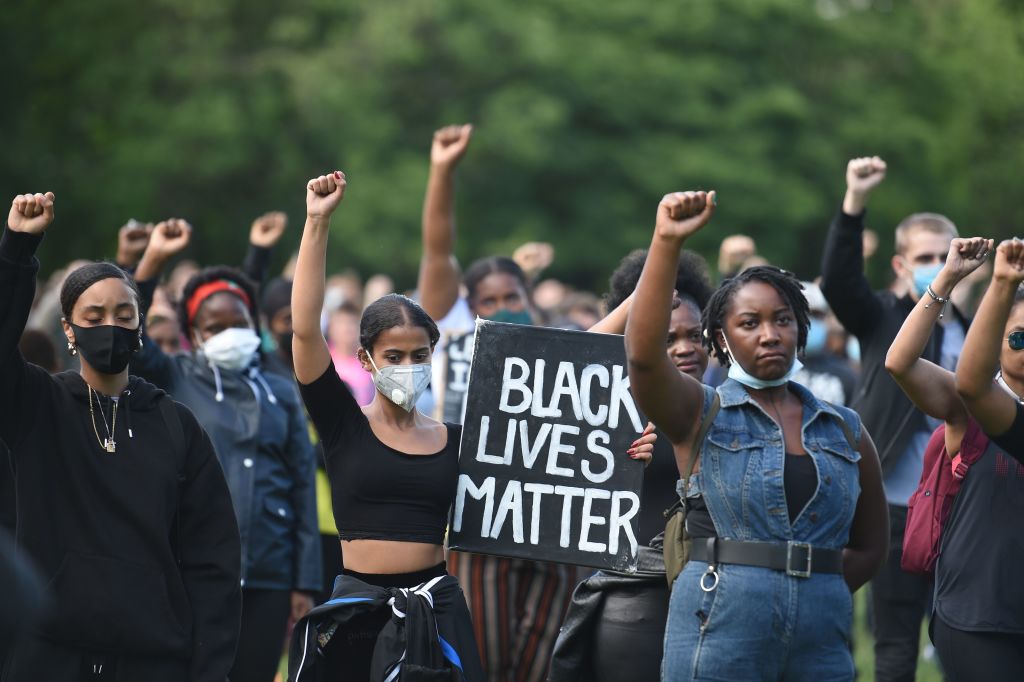 Downing Street ‘rewrote report on race to make it palatable’
Downing Street ‘rewrote report on race to make it palatable’"We did not deny institutional racism or play that down as the final document did."
By Ally Head
-
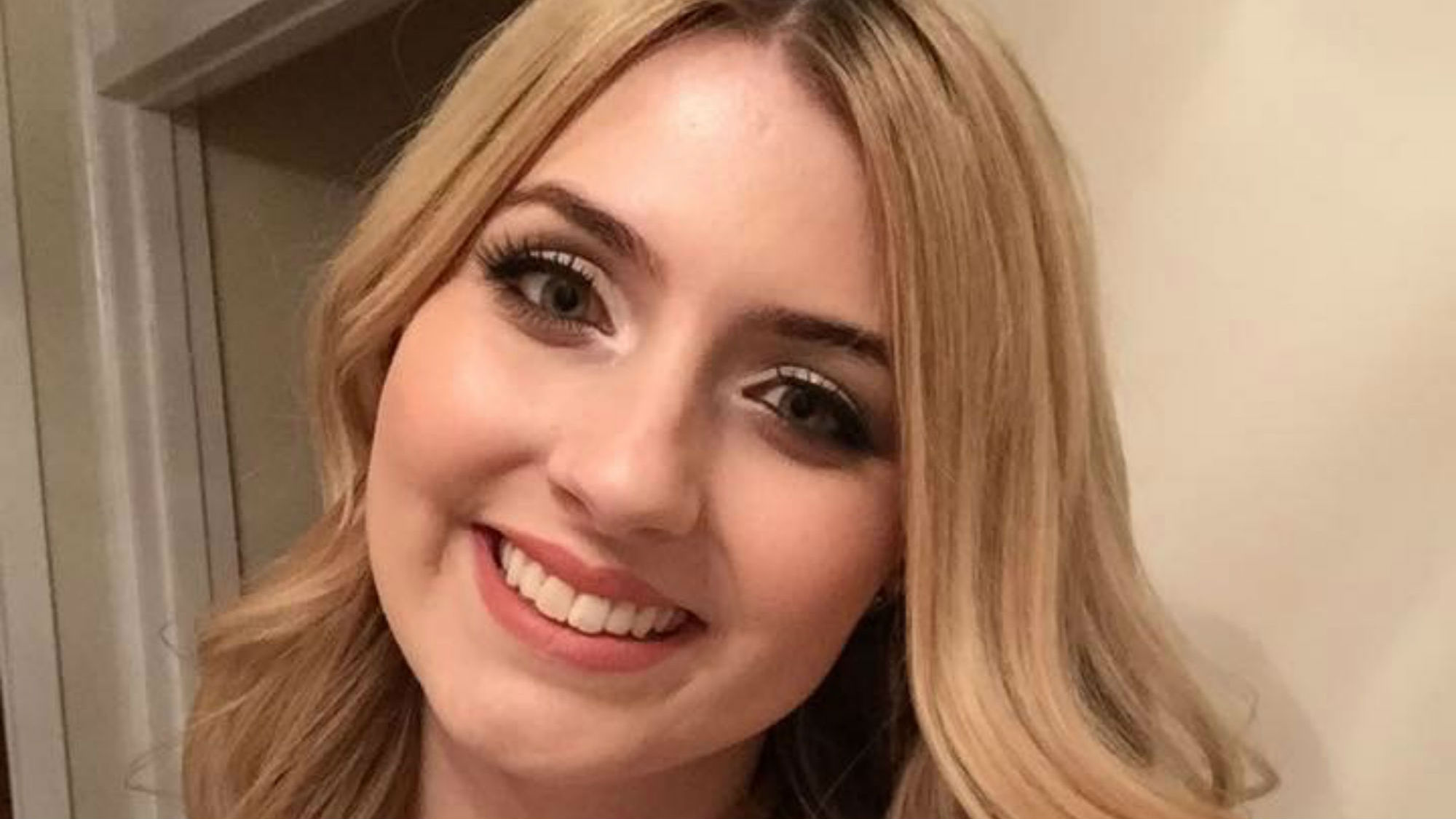 'I was only 24 and had no symptoms' - read one woman's shocking cervical cancer diagnosis
'I was only 24 and had no symptoms' - read one woman's shocking cervical cancer diagnosisThis Cervical Cancer Prevention Week, read Stephanie Varden's powerful story - from chemo to seemingly having the all-clear
By Olivia Adams
-
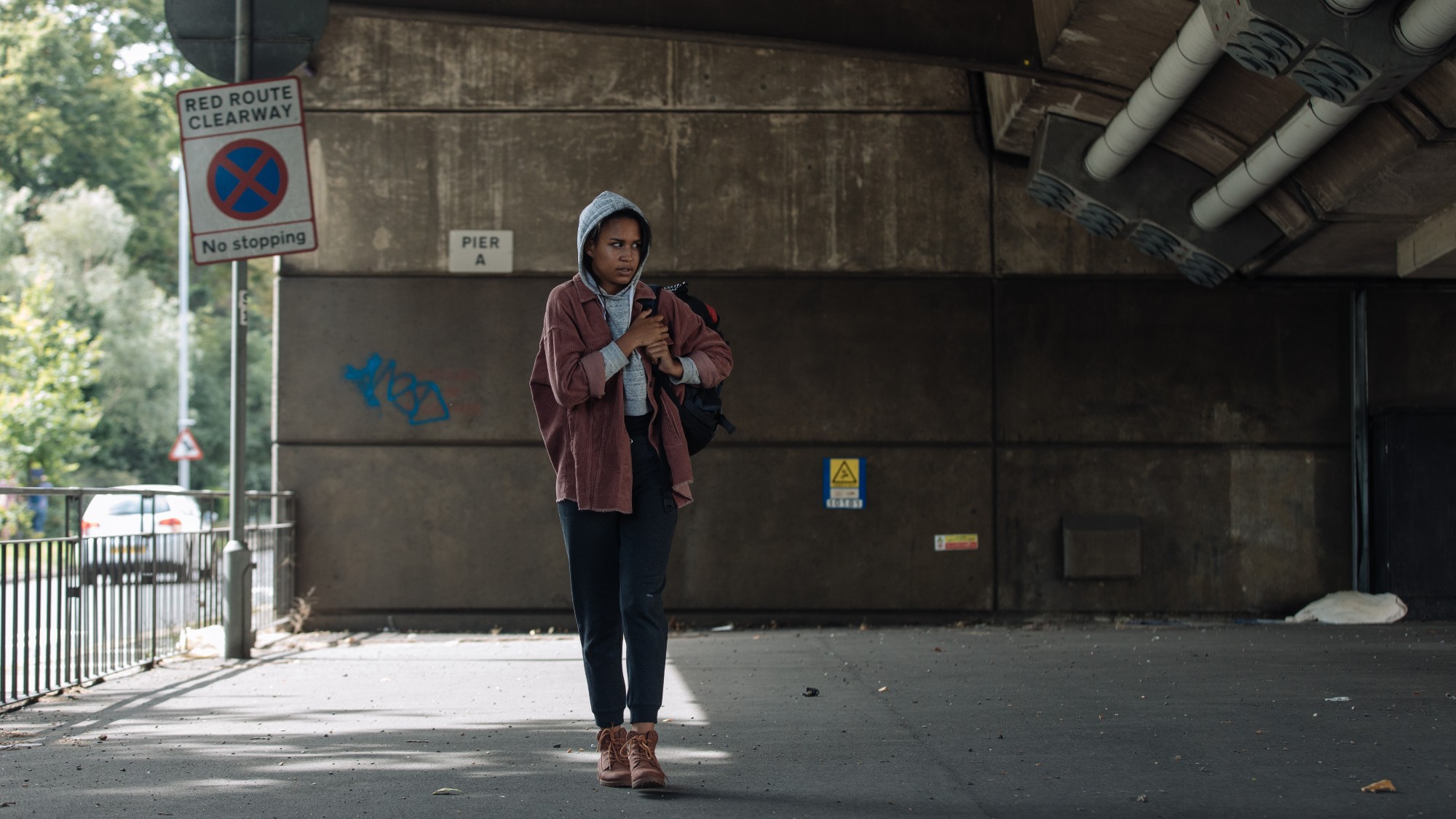 23,000 young people face homelessness this Christmas – here's how you can help with Centrepoint
23,000 young people face homelessness this Christmas – here's how you can help with CentrepointThis Christmas, Marie Claire has joined forces with Centrepoint to bring to light the homelessness crisis among young women.
By Marie Claire
-
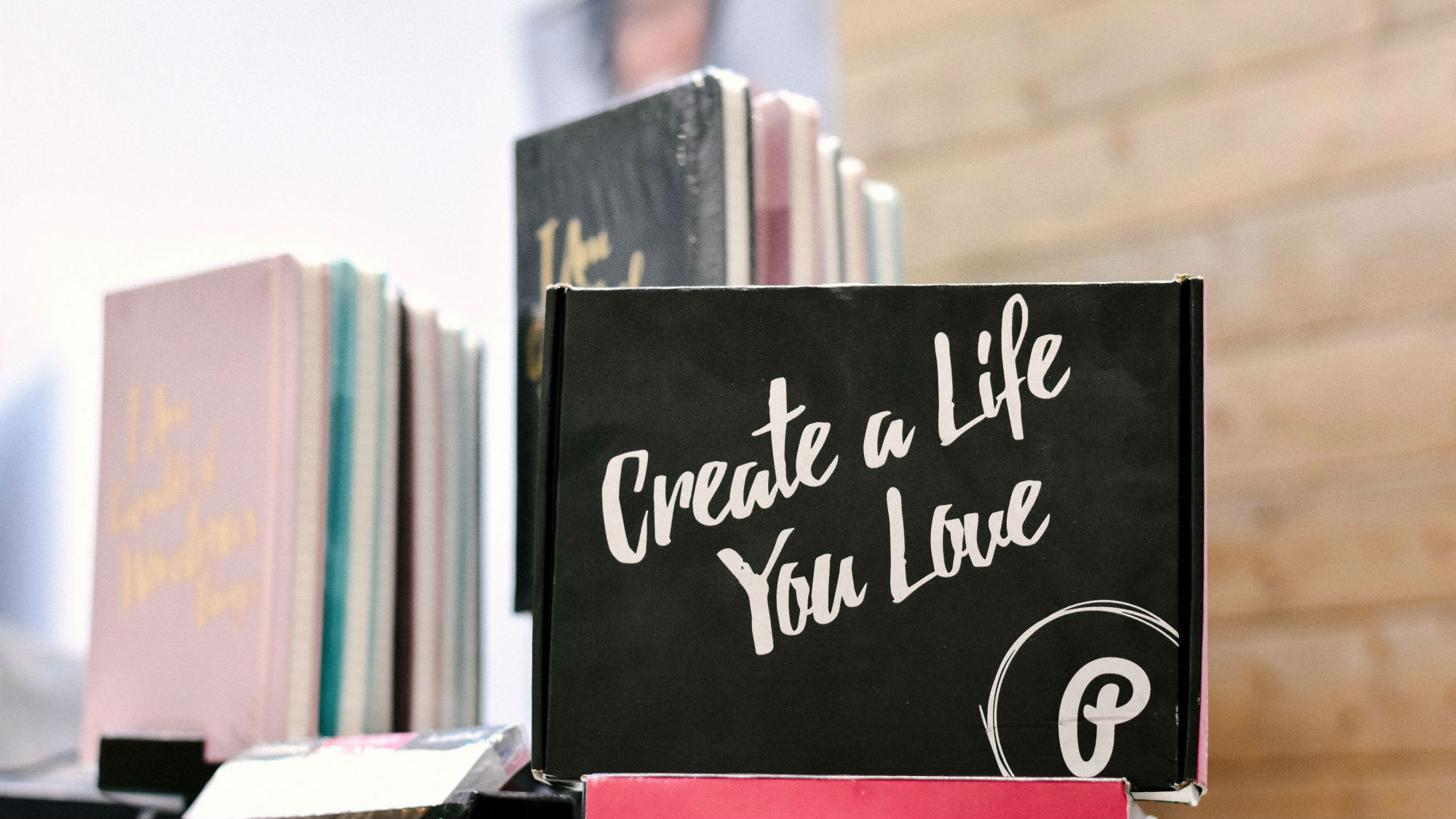 What it's really like to be a 24-year-old model…And HIV positive
What it's really like to be a 24-year-old model…And HIV positiveTo mark World AIDS Day, we spoke to 24-year-old model, art student and beauty queen Horcelie Sinda, who was diagnosed as HIV Positive as a child. This is her story...
By Olivia Adams
-
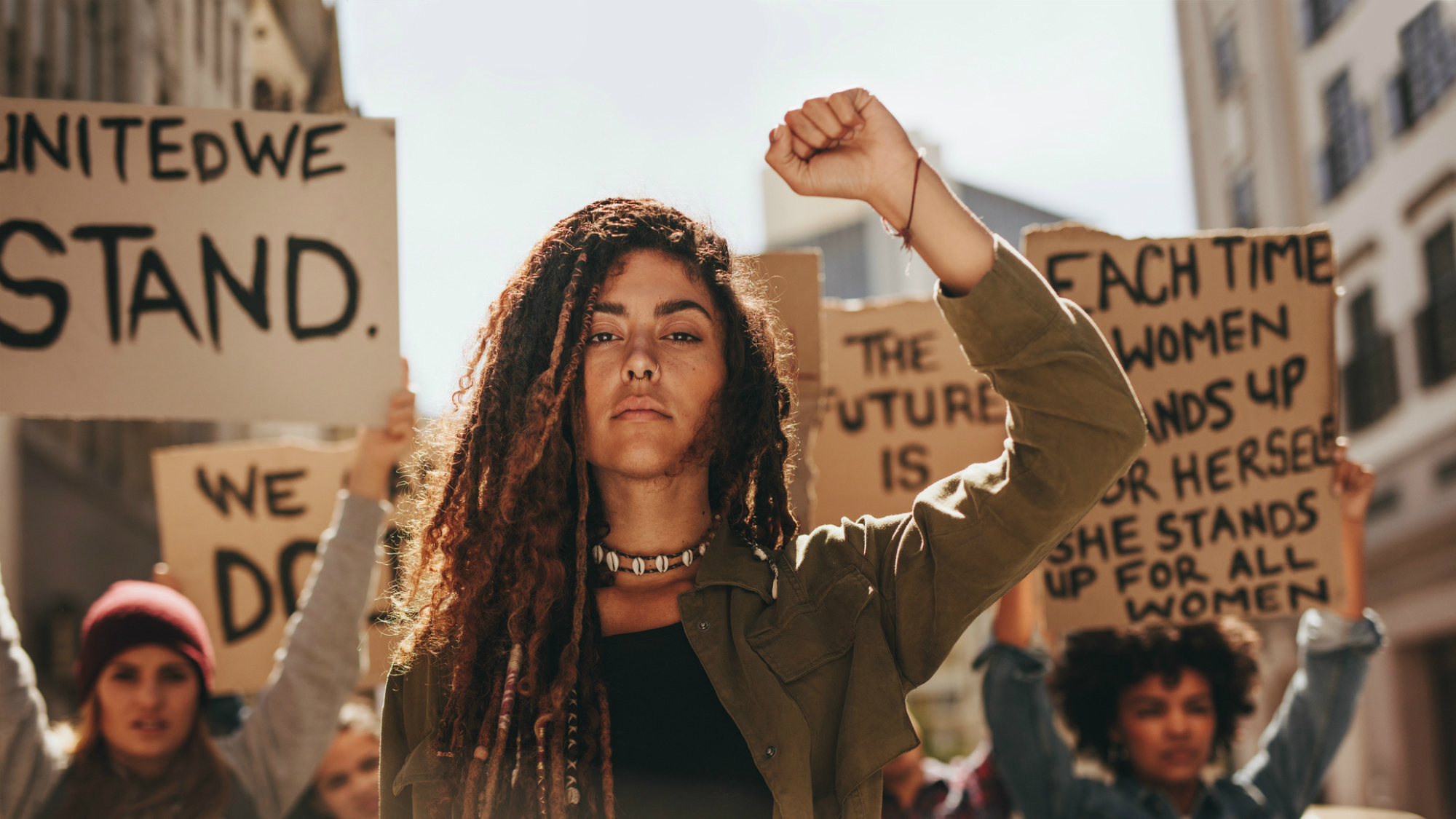 I May Destroy You: sexual assault survivors have a few things to say
I May Destroy You: sexual assault survivors have a few things to sayI May Destroy You, Michaela Coel's extraordinary drama of the year, has triggered many to speak out about their traumatic experiences. Lizzy Dening asks survivors what they want you to know – and how to help
By Lizzy Dening
-
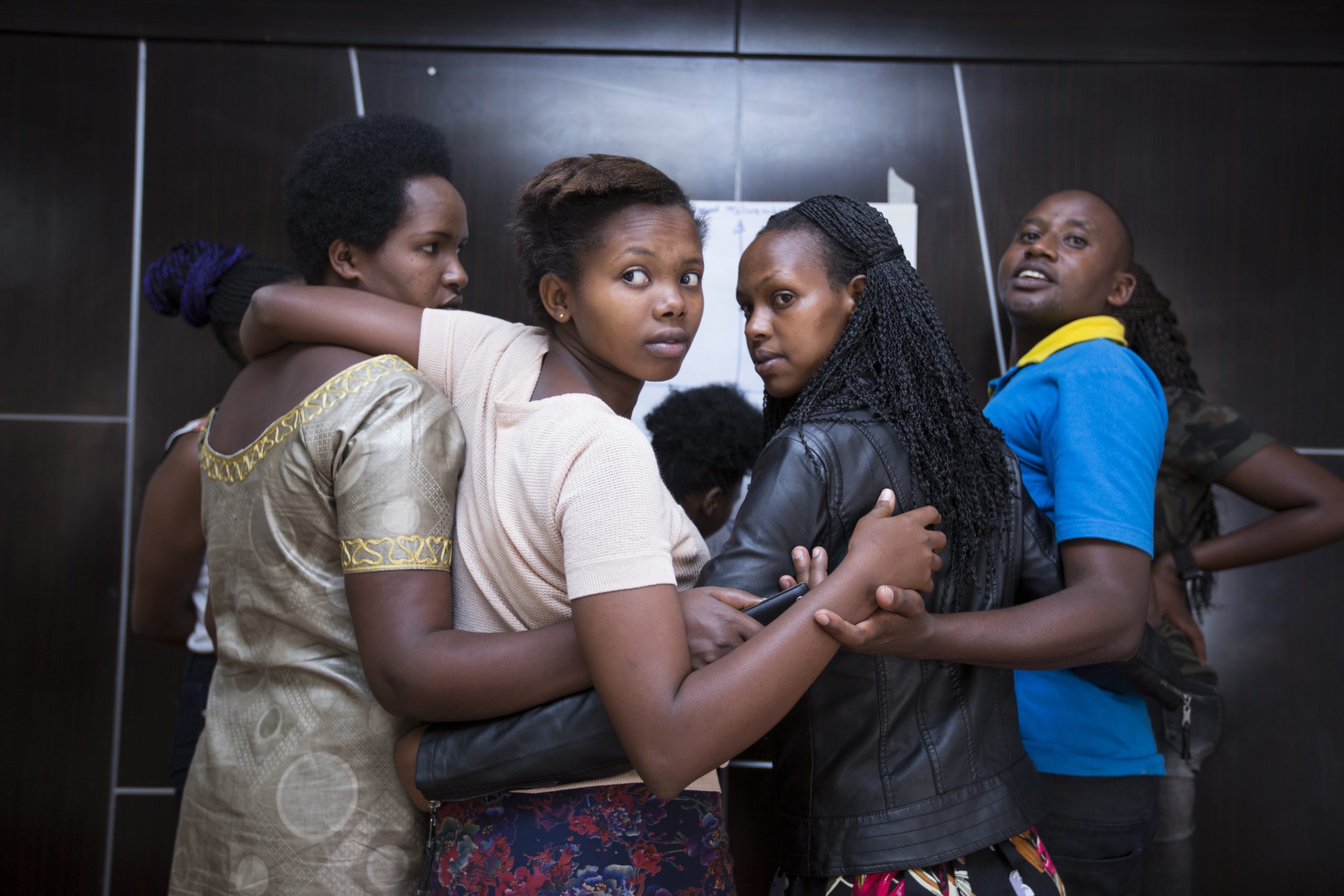 World Refugee Day: girls tell us their vision for the future
World Refugee Day: girls tell us their vision for the future150 girls caught up in humanitarian crises around the world reveal what change they want to see
By Olivia Adams
-
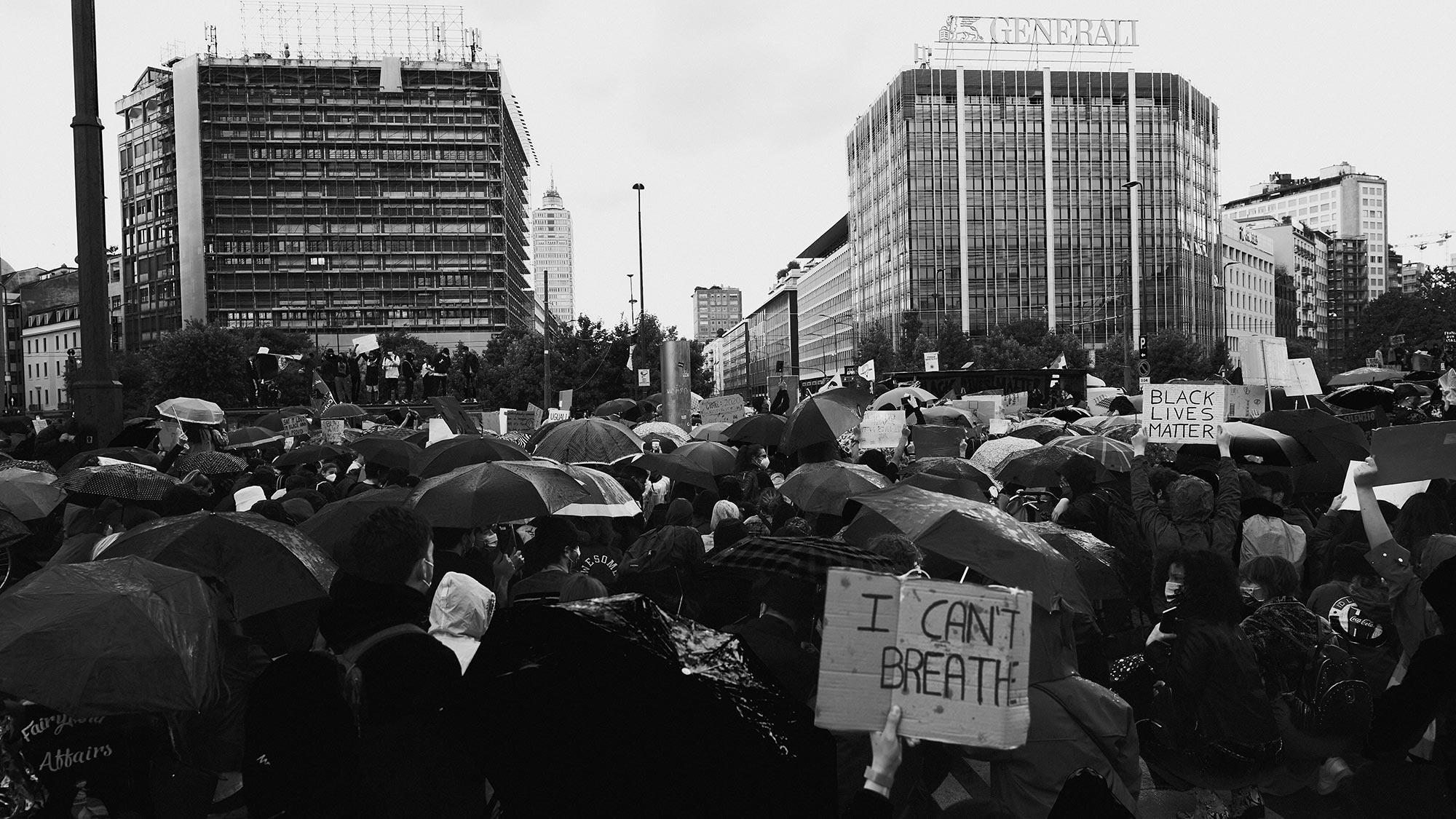 'Dear Italy: As the world cries for equality, your racist scars must be healed'
'Dear Italy: As the world cries for equality, your racist scars must be healed'An exhausted and emotional Chidozie Obasi reflects on his homeland, racism and why change is happening far too slowly
By Marie Claire
-
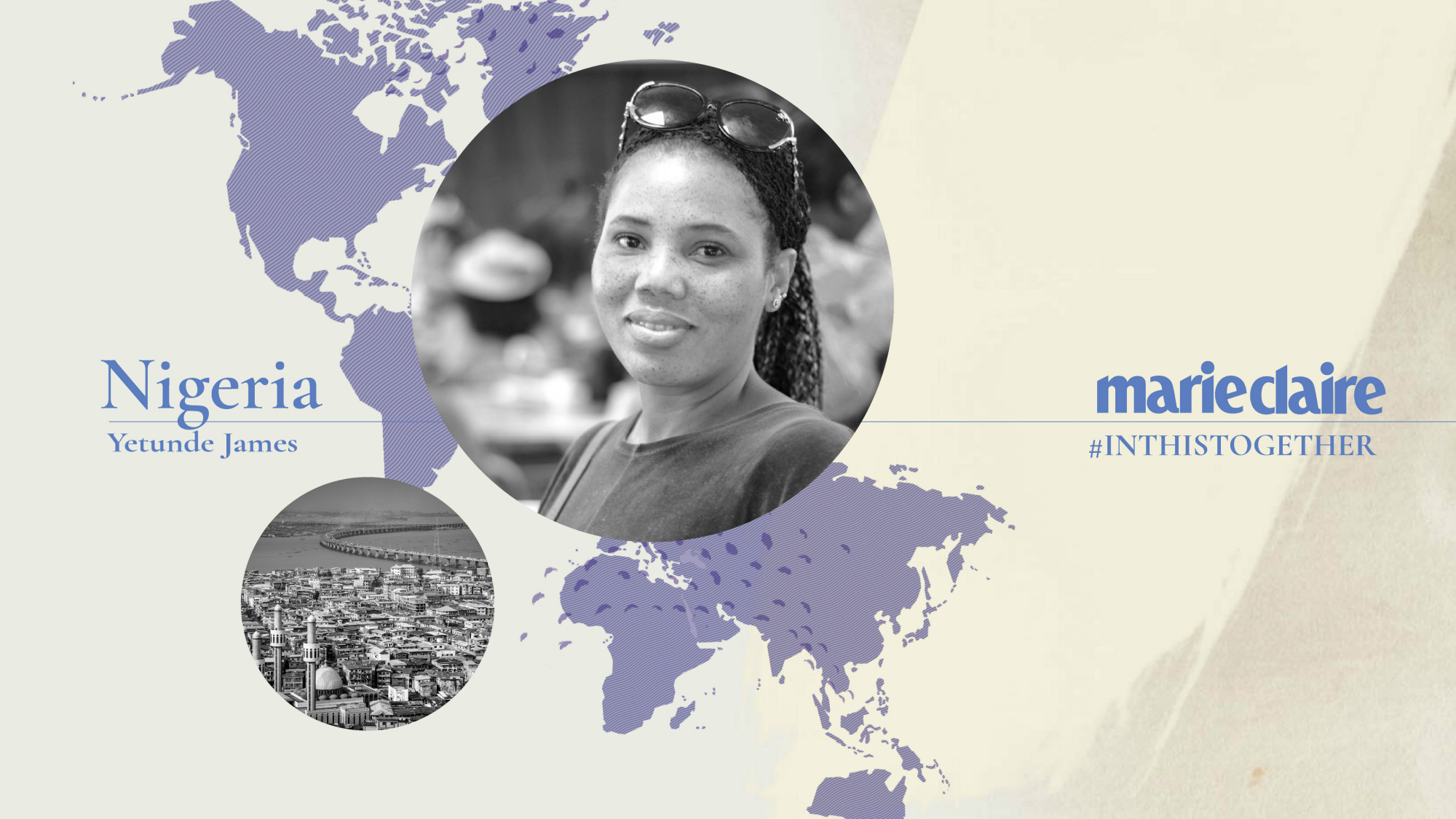 Covid-19 Global Diaries: 'I'm a refugee in London and people like me are dying'
Covid-19 Global Diaries: 'I'm a refugee in London and people like me are dying'Fleeing persecution in Nigeria, Yetunde James arrived in the UK with dreams of a new and safe life. But coronavirus has taken her friends, put her life in danger and her plans to build a bright future on hold
By Maria Coole